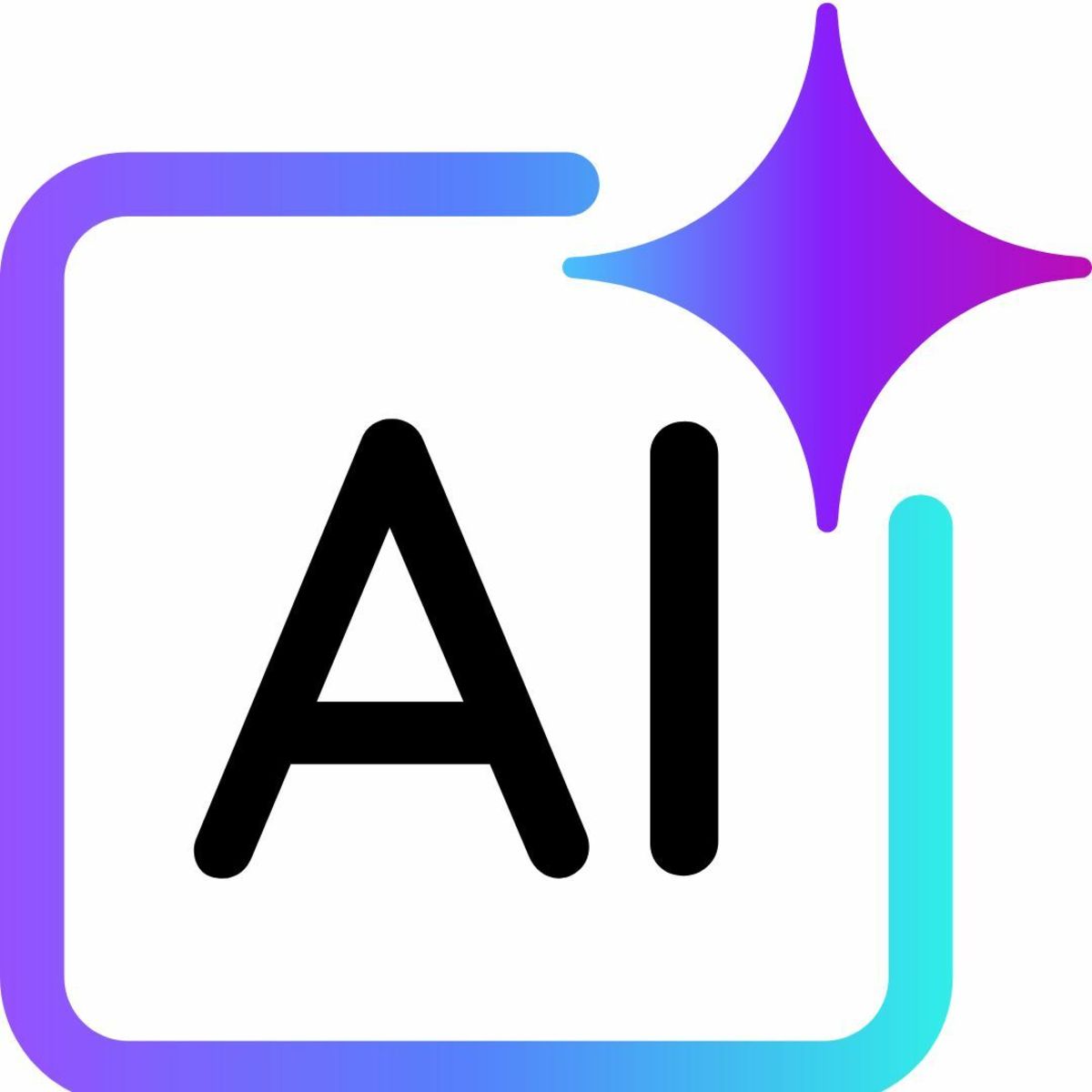The Future of AI in Healthcare
Artificial intelligence provides machines their consciences. It lets them sense, understand, and learn — then act on those findings to enhance human activity. As the practice of combining AI and first-party data to craft content and messaging becomes more mainstream among brands, what it means to leverage data in the healthcare industry is changing.
Medical companies are betting big on the rise of AI. PricewaterhouseCoopers reports that 63 percent of healthcare executives already invest in AI tech, while 74 percent say they’ll invest in it in the future. That investment could help healthcare providers use the 91 percent of patient data that exists outside of organized databases to provide more personalized treatment options.
AI uses deep learning to spot trends in massive pools of data, then reports the findings for human caretakers. From long lines to uncertain treatments, several common complaints could soon be reduced or eliminated on the back of AI.
While this technology doesn’t come cheap, its inevitable adoption ultimately pays off. Virtual health assistants like Ada empower patients while reducing costs; in retail spaces, pharma companies and drugstores can tailor messaging to consumers on the basis of their online behaviors. Kaiser Permanente and Humana have already integrated customer engagement data to create better experiences, both with great success.
Machines do this better than humans because they don’t look at data with a solution in mind. They read what the data says, spotting trends and reporting on them without bias or judgment. From shopping patterns to treatment efficacies, AI can tell healthcare organizations what is worth the effort and what is not.

Where AI Will Take Healthcare
Before AI can use data, though, it needs access to it. Data is the new black oil, and companies will go to great lengths to access crowdsourced medical information. IBM, for example, partnered with Medtronic to gather real-time data on how insulin affects diabetes — increasing effectiveness while saving money. Fitbit and Apple Health are collecting data in droves, deepening the potential pools for AI to use.
To use AI effectively, healthcare leaders must keep two things in mind:
1. The patient comes first. Smarter technology can stitch together disparate records to create holistic views of patient needs. One British AI program, Babylon, already does this to provide medication reminders, which is valuable information for healthcare providers and hackers. Providers will need to provide stout security — most likely through blockchain — to keep information safe.
2. Data owners need to feel empowered. New tech will allow people to control their personal information, breaking database monopolies and changing the dynamic of the industry. Healthcare leaders must recognize that patients will soon have more control over their data, which means healthcare organizations must respect the patients’ autonomy as data owners.
AI is no longer the distant future of healthcare; it’s the immediate reality. Big changes have arrived, and more are on the horizon. Healthcare leaders should stay up-to-date on the latest technology to keep their organizations competitive and their patients happy.








